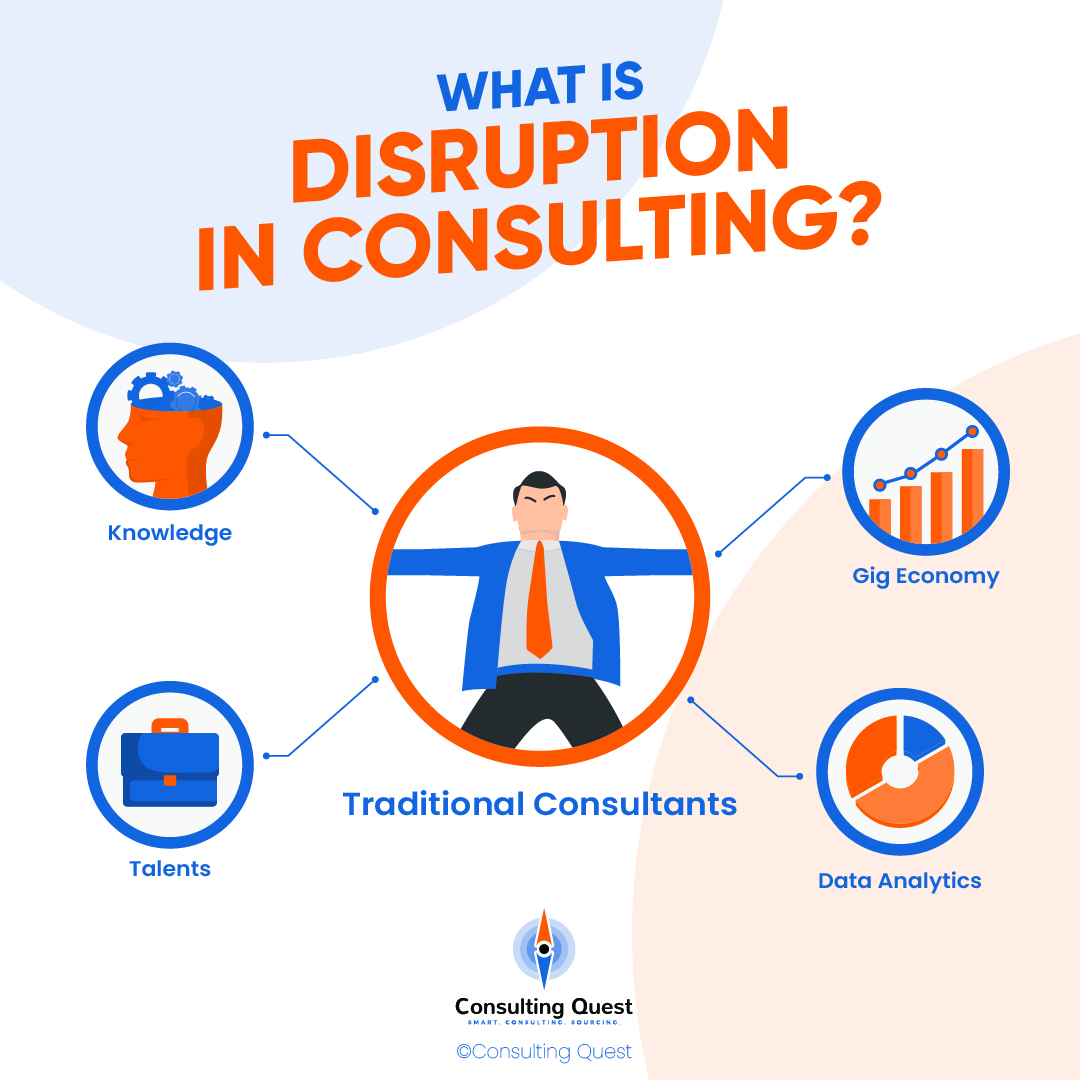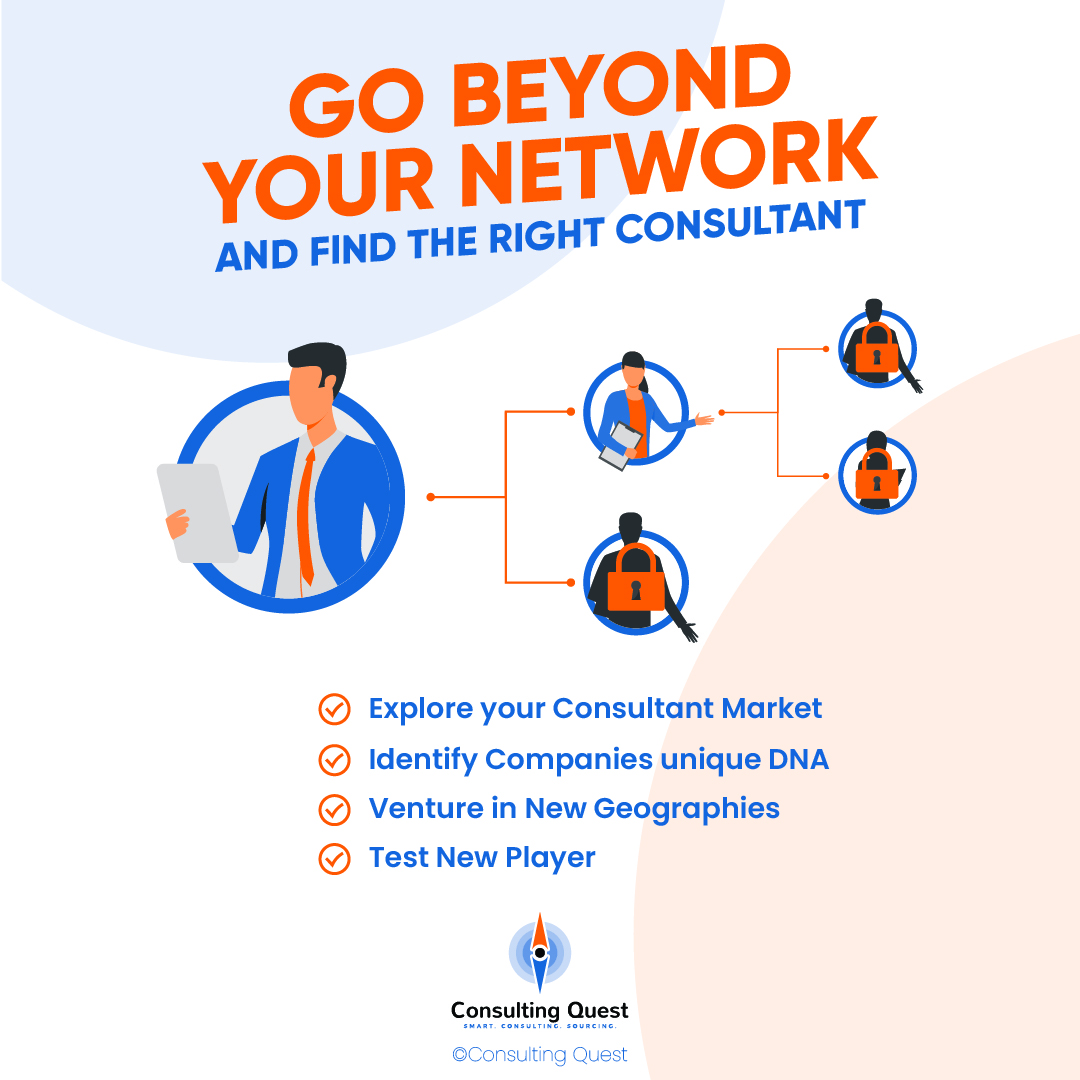Table of Contents
As the world was recovering from the pandemic, the Ukraine war caused additional economic uncertainties. Both Russia and Ukraine are key exporters of commodities and raw materials, but Russia’s invasion of Ukraine has caused a humanitarian crisis and substantial price hikes in agricultural items, oil, and gas.
The economic impact is disrupting physical supply chains. Sectors like automotive, industrial, and food took a significant hit, particularly in Europe, where reliance on Russian oil and gas is the highest. These supply shocks will put pressure on pricing and wages, which will have ripple effects across other industries globally.
The decline in consumer confidence in Europe and the United States is worrisome for the consumer products and retail industries, as it may reduce spending. Global GDP (gross domestic product) growth and global economic growth will also suffer. And all of these point to the possibility of a recession next year.
Against this backdrop, businesses require critical insights and analysis to strengthen scenario planning, investigate new and anticipated risks, cut costs, and strategies for divestment exigencies.
With the help of consulting, businesses can stay on track for growth even when things are uncertain and come up with a data-driven, strategic response to crises. Consultants can give business leaders the critical analysis and new ideas they need right now by focusing on four core areas: planning, risk, costs, and divestment.
Even though all businesses will benefit from consulting to find their weak spots, they must also take action to stay on track for growth. In this post, we’ll look at trends that will be big in the coming years and corresponding industries where consulting will be most needed as a consequence of those trends.
3 Areas That Will Drive Most of the Demand for Consulting in 2023
As we move ahead towards the year 2023, it’s clear that the business landscape is undergoing a major transformation. In order to succeed in this new environment, companies must be able to adapt and evolve at a rapid pace.
One way to do this is to make use of consulting services that can help them navigate these changes. Here are a few areas where demand for these services is likely to increase in the coming years:
#A. AI and Digitalization
As artificial intelligence and other digital technologies become more prevalent, businesses will need help integrating them into their operations. Consulting firms that specialize in AI and digitalization will be in high demand as companies look to gain a competitive edge.
The COVID-19 pandemic has created a perfect storm for digital transformation. Businesses of all sizes have been forced to rapidly adapt to the new reality of lockdown and social distancing, with many scrambling to move their operations online.
At the same time, consumers have become more comfortable using digital channels for everything from shopping to entertainment. As a result, there is now a growing recognition that digitization is no longer a nice-to-have, but a necessity for businesses to remain competitive. This is creating a surge in demand for consultants specializing in digital transformation.
While the pandemic has undoubtedly been the catalyst for this shift, it is also clear that the move to digitalization was already underway before COVID-19 hit. The pandemic has simply accelerated the trend.
Going forward, businesses will need to continue to invest in digital technologies and processes in order to remain agile and adaptable in an ever-changing world. Those who don’t will be left behind.
Industries That Most in Need of Consulting Services to Drive Digital Transformation:
Big Data, AI, Machine Learning, IoT, AR, and VR are some of the buzzwords that characterize the industry 4.0 era. These are the technologies that are at the front and center of several digital transformation initiatives. And on the driver’s seat is the Artificial Intelligence (AI) that is behind today’s cutting-edge technologies. Having said that, a few industries are to benefit more from the implementation of Artificial Intelligence.
Having said that, a few industries stand to benefit even more from the implementation of AI technology and that includes Agriculture, Education, Life Science, Marketing, Banking and Finance, Cybersecurity among others.
Companies that embark on digital transformation initiatives must carefully consider all aspects of the change process, from technology and data to organizational structures and culture. One key area of focus is change management.
Change management is the discipline that helps companies plan, implement, and monitor changes to business processes, IT systems, and other areas of the organization. When done correctly, change management can help companies achieve their desired outcomes while minimizing disruption and maximizing employee satisfaction.
In the manufacturing sector, for example, introducing new technologies such as artificial intelligence (AI) can make manual spreadsheet-based workflows, obsolete. In this scenario, it would be the job of a consultant to help facilitate the smooth transition to the new system. By understanding the importance of change management, companies can ensure that their digital transformation initiatives are successful.
#B. Cloud Capabilities Expansion
In recent years, the cloud has revolutionized the way businesses operate. By storing data and applications off-site, businesses can save money on hardware and maintenance costs.
Additionally, the cloud allows businesses to scale their operations quickly and easily. Cloud capabilities offer a number of advantages for businesses, including improved collaboration, flexibility, and scalability.
However, maximizing these benefits requires a thorough understanding of the cloud and how it can be used to achieve specific business goals. That’s where consultants come in. By working with a consultant, businesses can gain insights into the latest cloud technologies and learn how to use them to improve their operations.
In addition, consultants can provide guidance on migrating existing applications and data to the cloud, helping businesses to make a seamless transition to this new platform. As businesses look to capitalize on the many benefits of the cloud, they’ll need to ensure that they have the right team in place to assist with their migration and implementation efforts. Otherwise, they risk missing out on the full potential of this game-changing technology.
Cloud consultants are experts in designing and implementing cloud solutions. They can help businesses assess their needs and determine which cloud services would be most beneficial.
Additionally, cloud consultants can provide guidance on how to optimize existing applications for the cloud and how to migrate data to the cloud safely and securely. As businesses continue to embrace the cloud, the demand for cloud consulting services will only increase in the coming few years.
As businesses increasingly adopt cloud-based solutions, the demand for qualified consultants who can help them optimize their use of this technology is also on the rise.
Industries That Most in Need of Consulting Services to Ramp Up Cloud Capabilities:
According to Statista, in 2022, Software-as-a-Service (SaaS) has reached 172 billion USD, infrastructure-as-a-Service (IaaS) 122 billion USD, and the Platform-as-a-Service (PaaS) 101 billion USD. This enormous market size only reflects that cloud computing has become an integral part of most businesses.
However, there are some industries that are experiencing complete transformation, riding on cloud computing and they include education, Automotive, Healthcare, Insurance, Hospitality, and Real Estate.
At a time, when businesses are advancing towards a multi-cloud approach, these industries will be in need of some consulting boost. The right consultant can identify their pain points and help them build customized solutions aligned with their business objectives.
#C. Environmental, Social and Governance (ESG) Compliance
As recently concluded COP 27 made it very clear — this is high time we stop debating pledges and start delivering. As the demand for making climate actions mandatory and voluntary, businesses are likely to face more stringent environmental, social and governance (ESG) compliance requirements.
To ensure continued compliance, organizations will need to increase their investment in consultants trained in the changing scope of environmental rules, laws, and regulations.
This growing demand for specialist advice is being fueled by businesses’ need to understand how the new regulatory landscape will impact their operations. In particular, businesses will require support in assessing and managing their carbon footprints.
With governments across the world committing to net zero emissions targets, businesses must reduce their reliance on fossil fuels and transition to cleaner energy sources. The consultant market is responding to this demand by offering an increasing number of services that help businesses meet their ESG obligations.
This includes support in developing sustainability strategies, designing and implementing carbon management plans, and conducting environmental audits. With the world increasingly focused on addressing the climate crisis, businesses that fail to comply with evolving ESG regulations risk being left behind.
Industries That Are Most in Need of Consulting Services to meet ESG Goals:
Food, Healthcare, Electric vehicles, and Waste processing companies, as well as Clean Energy businesses and their suppliers. A company’s ESG targets are like any other business goals in that they require a strategic plan and dedicated effort to achieve. However, meeting ESG targets can be especially complex and challenging due to the nature of the goals themselves.
For example, a company may need to implement new environmental practices or make significant changes to their supply chain in order to meet their targets. This is where consulting comes in. A experienced consultant can help a company develop and implement a plan to achieve their ESG targets.
ESG has become a critical factor to increase the brand equity for not only clients, and investors but also for employees. Companies are required to come up with accurate and transparent ESG reports. However, many industries are yet to master the accuracy with regulatory reporting, and investors are likely to deprioritize companies that are not taking sufficient actions on ESG issues
Fortunately, the ESG Consulting Market is growing rapidly. ESG Consulting Global Market is expected to touch the $16 Billion landmark in 2027. A consultant can provide valuable insights and advice on how to navigate the challenges associated with meeting ESG targets. As a result, consulting can be an essential part of achieving a company’s ESG goals.
Where Is Consulting Industry Heading?
Consulting is an industry that has been historically resistant to change. This is due in part to the nature of the work, which is often highly customized and dependent on specific domain knowledge.
In addition, consulting firms have been able to maintain their profitability by charging high hourly rates for their services. However, there are signs that the consulting industry is evolving.

As Prof. Joe Mahoney pointed out in our last Webinar, The History of Consulting, ” I don’t see disruption, I don’t see a revolution. I see the evolution and a lot of these forces have been going on for 30, 40 years.”
“McKinsey, Bain, and Boston are still the big brands. You’ve got the big four still doing big. Accenture has continued with its big trend. The big names are still the big names. They’re doing slightly different things in some places. But in my view, the key thing about the big consultancies, if they have the client networks tied up and, expert innovative knowledge that clients are going pay a lot of money for their relationship will be based on long-term trusted relationships and innovation. And it’s very hard to commodify those things,” Joe added.
First, the traditional model of charging high hourly rates is increasingly being challenged by fixed-fee and value-based pricing models. Second, the growth of online tools and resources has made it possible for non-experts to access information and advice that was previously only available to consultants.
Finally, the rise of new competitors, such as freelance consultants and independent experts, has created a more dynamic and decentralized marketplace for consulting services.
Thus, the consulting industry is facing significant changes at the organizational levels. Technologies are also changing the industry, but as of today, there is none that stands to change it fundamentally — may be in next 50 years it can happen, but currently, technologies do not seem to cause serious disruption for the industry.
The next 10 years will be crucial to understand whether these changes will lead to disruption or not. Presently, the consulting industry is in a state of flux. The big players are consolidating their positions, while new entrants are trying to disrupt the status quo. This has led to a lot of innovation in the way that consulting firms operate.
One area that has seen a lot of growth is in the development of new solutions. This has been driven by the need to consolidate market share and expand into new areas. As a result, consulting firms are now offering a wider range of services than ever before.
This includes everything from traditional management consulting to more specialized services such as data analytics and digital transformation. However, this increased focus on innovation has not come without its challenges.
One of the biggest challenges facing consulting firms is the need to continuously evolve their offerings in order to stay ahead of the competition. This can be a very costly exercise, and it is one that many firms are struggling to keep up with.
As a result, we are likely to see consolidation in the industry over the next few years, with only the strongest firms surviving in the long term.
On the other hand, smaller firms are employing a few different strategies. One is the grow-to-sell strategy, where the goal is to build up the firm until it is attractive to a larger buyer.
Another is the associate model, where experienced consultants take on junior associates and train them in the firm’s methods and systems. And finally, many firms are investing in automation and CRM systems to help streamline their operations.
But perhaps the most interesting trend among small consulting firms is their huge moves towards partnerships and software re-selling. By teaming up with other firms and selling software solutions, they are able to offer their clients a wider range of services and stay ahead of the curve in an ever-changing marketplace.
Moreover, in today’s business world, consulting companies are having to adapt to a rapidly changing landscape. In some regions, such as France, many consultancies are struggling to keep up with the times.
This is due in part to their reliance on outdated methods and lack of understanding of newer technologies. As a result, these businesses are at risk of being left behind by their more innovative competitors.
In order to stay relevant and continue to grow, consulting companies must be willing to embrace change and embrace new technologies. Only by doing so will they be able to remain competitive in today’s ever-changing business world.
What Should Clients Remember While Hiring Consultants?
Over the years, a lot of the larger firms have become commodified and standardized. Consequently, the level of innovation has gone down. A lot of clients got dissatisfied with the performance of even some of the large strategy consultancies and turned to boutiques.
Recent years have seen the rise of specialists in one capability that serves several industries, or one industry with several capabilities. And at the crossing of those two, you will find niche consultants, niche boutiques that are really very, very focused on one industry, one capability. For example, there are firms that specialize in marketing in the medical device industry in the US and such firms are thriving.

Many former senior consultants from MBB and Big 4 are joining this expert network, adding to its size and value. Interestingly, the MBB firms are also employing a large number of independent “senior advisors” in order to bring the specialist capability, so in demand by today’s clients. The Big 4 consulting firms are also focusing on building strong associate networks to build up capacity.
The IP market is also evolving faster and those resources are available to boutique firms, and hence, no longer a big differentiator for big firms. For clients, these trends are adding to the challenge of buying consulting services. There can be many incentives for clients to consider boutique firms — cost, seniority in the field, and expertise.
However, clients need to keep one key point in mind that the human brain is the fundamental asset in a consulting business and it’s the people who ultimately deliver the services. In the digital age, knowledge is accessible, but trust is not.
As such, while buying consulting services, clients must prioritize the entities where they get to trust and a reliable network, and not just feel biased towards a mere business model or a brand name.
A Quick Round-up
Sometimes, all a business needs to get back on track is a little nudge in the right direction. With the help of consultants, businesses can explore new avenues and find innovative solutions to common problems. Although it may seem like a small investment, consulting support can make a big difference to a company’s bottom line.
The challenges that many industries are facing when it comes to consulting sourcing are immense. But, with the right tools and understanding of how to best work with consultants, these can be overcome.
And speaking of finding the right solution, there’s no looking past Consulting Quest and its wide range of solutions. We stand to revolutionize the consulting procurement space through digitalization and the adoption of advanced methodologies, digital tools, and more.
We believe, that digitalization of procurement would make the purchase of consulting services hassle-free and will help to change the image of procurement from the bottleneck to a reliable and efficient partner.
Do you want to discuss your project with us? Our professionals are available to provide feedback and discuss potential solutions to your problems. Feel free to get in touch with us. We’d be more than happy to help!





